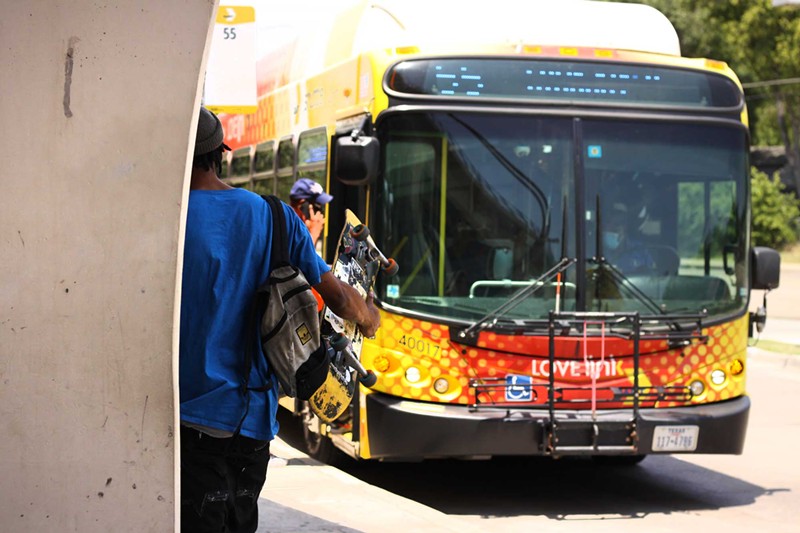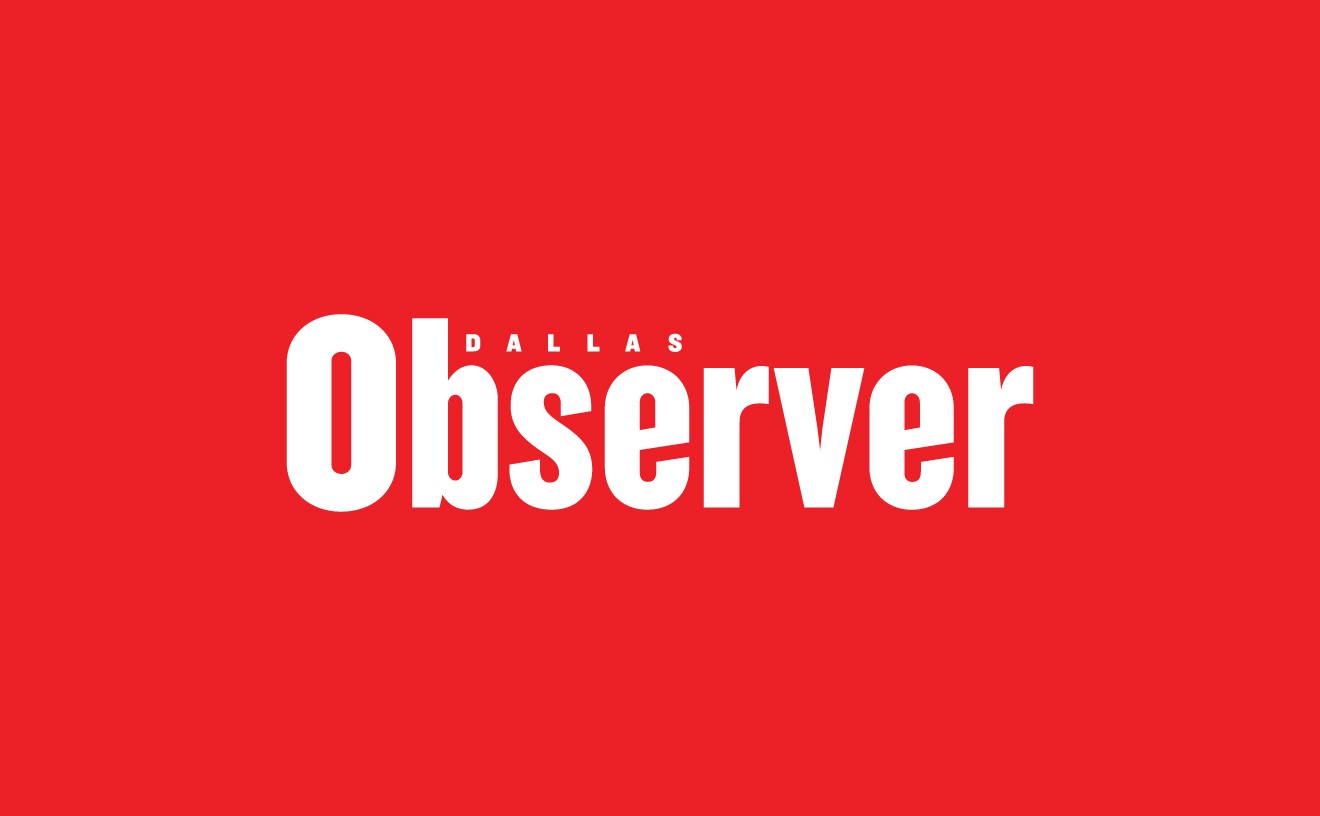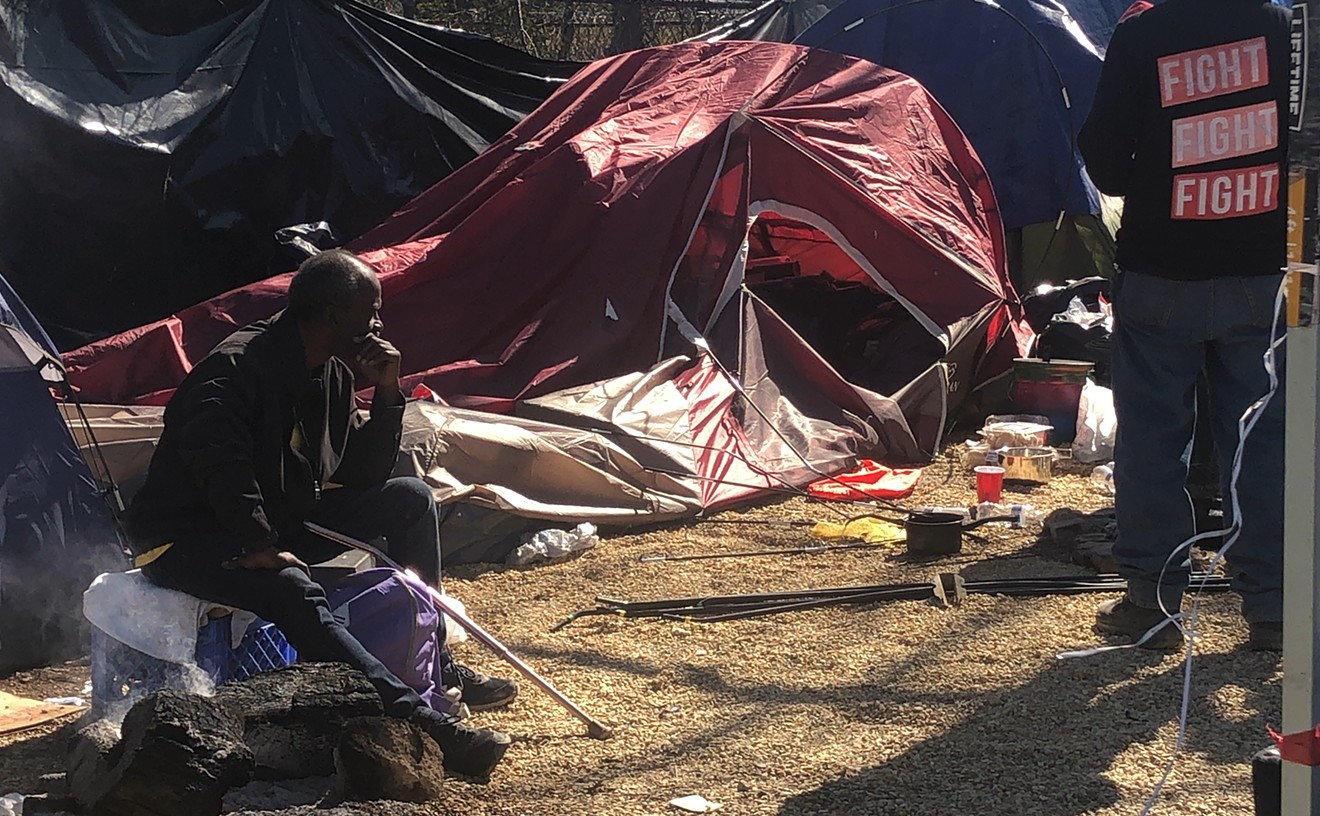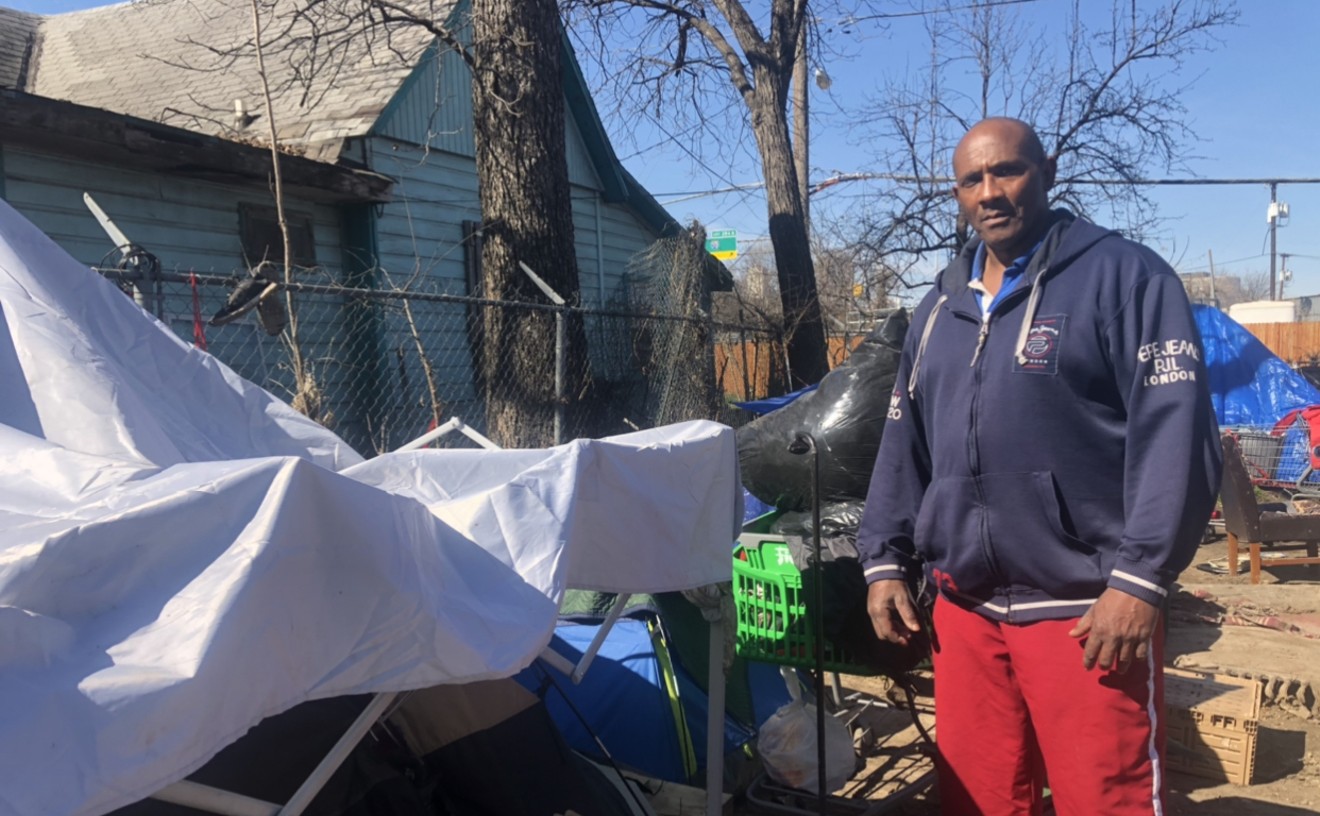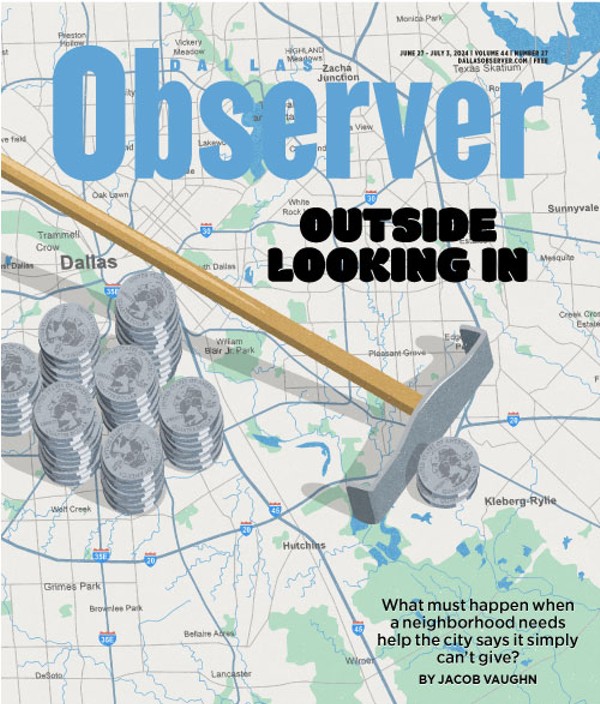Since 1983, every dollar spent in member cities is taxed 1% to help fund DART. According to The Dallas Morning News, DART contributions are expected to amount to more than $870 million this year.
But Plano wants the DART board to consider allowing member cities to instead pay three-quarters of a cent for every dollar to go toward the transportation service, which would represent a 25% decrease. Plano alone could keep $30 million annually if it reduced its contribution. According to The News, the city of Plano estimates it contributes about $115 million to DART every year. In its estimation, Plano argues that DART should try to cut costs and bring in more member cities if the tax contributions are reduced.
Other cities are considering altering their payments to DART as well. Both University Park and Rowlett took up the issue last night. The Rowlett City Council approved the measure unanimously. University Park delayed the vote without much discussion. But both are considering capping DART contributions to three-quarters of a cent, similar to Plano.
On June 22, Rowlett Mayor Blake Margolis took to Facebook to announce he would introduce a council resolution regarding the change. He said in the post that between 2020 and 2025, Rowlett will have dedicated over $50 million to DART. He cited a significant drop-off in ridership of about 30% since the COVID-19 pandemic and concerns of Rowlett residents about cleanliness, safety and overall condition of DART services.“Our goal is to ensure that the services provided to our taxpayers are commensurate with our contributions to DART." – Rowlett Mayor Blake Margolis
tweet this
Even though DART faces these challenges, Margolis said sales and use tax revenue has continued to grow, surpassing $200 million over the last five years, a roughly 35% increase. “In contrast, ridership has remained well below pre-pandemic levels,” Margolis said in his Facebook post. “It is essential that we ensure our contributions to DART are fair and equitable, reflecting both the financial needs of DART and the interests of our city.”
He said he’s been discussing this issue with the mayor of Plano for years now. “Our goal is to ensure that the services provided to our taxpayers are commensurate with our contributions to DART,” Margolis said.
Before the city approved reducing its contributions, Margolis said at the meeting that he is not anti-DART. “This is about DART’s, in my opinion, flawed business model and the desire to incentivize an efficient operation that will benefit the riders, member cities and DART,” Margolis said at last night’s meeting.
Jeamy Molina, executive vice president and chief communications officer for DART, told the Observer in an emailed statement that no one city has the authority to unilaterally reduce its tax rate. Any such action would have to go through the 15-member DART board and would impact all service area cities, Molina said.
“Any reduction in the voter-approved 1% use tax that funds Dallas Area Rapid Transit would have devastating effects on our communities, businesses and the most vulnerable populations in all cities that rely on DART to access jobs, health care, education and more,” she wrote.
According to Molina the reductions that Plano, Rowlett and University Park want to see would equate to a $6 billion reduction in system revenues over the life of DART’s current 20-year financial plan.
Such reductions could result in severe cuts to bus and rail access across the whole system, possibly leading to service times of 30 minutes. Service times currently hover around 15–20 minutes. The cuts could result in staff reductions and changes to service in large areas of South Dallas, West Dallas, Inland Port and Legacy West. Molina noted that DART's member cities lowering their contributions could also cause major ripple effects through the local economy with the reduced need for services and construction contracts.
“We recognize that, in the face of state-mandated revenue caps, our cities are looking for new ways to make up budget shortfalls so they can continue to build communities where people want to live, work and play,” Molina said. “A well-funded public transit system is key to their success. We have the capacity for problem-solving as a region, and DART has demonstrated that we are a ready and willing partner in that endeavor.”

